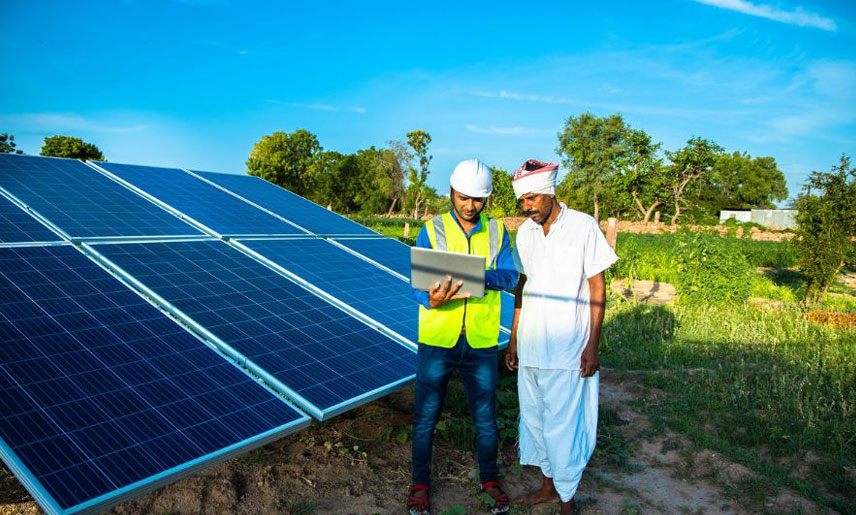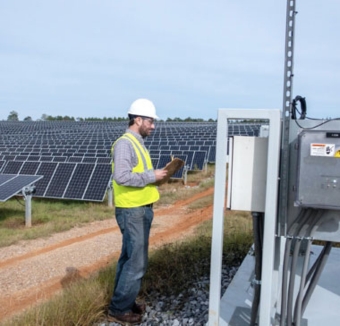


Solar service providers begin by conducting site assessments to evaluate the feasibility of solar installations. This involves analyzing factors such as sunlight exposure, shading, roof condition, and available space. Feasibility studies assess the economic viability and potential energy output of a solar project.
Solar services include the design of solar energy systems tailored to meet the specific needs of the client. This involves selecting the appropriate solar panels, inverters, mounting structures, and other components. The design phase also considers local regulations, building codes, and aesthetic considerations.
Solar service providers assist clients in obtaining the necessary permits and ensuring compliance with local, state, and federal regulations. This may involve navigating zoning regulations, environmental assessments, and utility interconnection requirements.
Solar service companies procure the required solar panels, inverters, mounting systems, and other components on behalf of their clients. This involves negotiating with suppliers, ensuring the quality of equipment, and managing the supply chain.
The installation phase involves the physical deployment of solar panels and associated equipment. This includes mounting solar panels on rooftops or the ground, connecting the system to the electrical grid, and implementing safety measures. Construction management ensures that the installation is completed on time and according to specifications.
Solar service providers conduct rigorous quality assurance checks and testing to ensure that the solar energy system functions optimally. This includes performance testing, electrical testing, and overall system checks to identify and address any issues.
Post-installation, solar service companies often provide monitoring and maintenance services. Monitoring involves real-time tracking of system performance to identify any deviations from expected output. Regular maintenance, including cleaning, system checks, and equipment inspections, helps ensure the longevity and efficiency of the solar installation.
Solar monitoring systems continuously collect data on various parameters such as energy production, system voltage, current, and temperature. Many modern solar installations are equipped with remote monitoring capabilities, allowing real-time access to system performance data from anywhere.
Scheduled inspections are essential to identify any physical damage, loose connections, or other issues that might impact system performance.Solar panels can accumulate dust, dirt, and other debris, reducing their efficiency. Regular cleaning is necessary to maintain optimal performance.


Some solar service providers offer solutions that include energy storage systems such as batteries. These systems store excess solar energy generated during the day for use during periods of low sunlight or during power outages.
Widely used for their high energy density, longer cycle life, and relatively low maintenance requirements.Offer scalability and flexibility, suitable for large-scale solar installations.Commonly used in smaller-scale solar applications due to their lower cost.
Helps balance supply and demand, reducing fluctuations in the electrical grid caused by variable solar power generation.Provides a reliable backup power source during grid outages, ensuring a continuous electricity supply.
Energy storage systems can be integrated into existing solar installations or designed as standalone systems.
As technology advances, solar service providers may offer upgrades to existing solar installations, optimizing systems to incorporate the latest advancements in solar technology and improving overall energy efficiency.
Upgrading to more advanced solar panel technologies with higher efficiency ratings can significantly increase the amount of energy generated from the same amount of sunlight. System upgrades and optimization in solar services refer to the process of enhancing the efficiency, performance, and overall effectiveness of solar power systems.
Inverters are crucial components that convert the direct current (DC) generated by solar panels into alternating current (AC) for use in homes or the electrical grid. Upgrading to more efficient and advanced inverters can enhance overall system performance.
